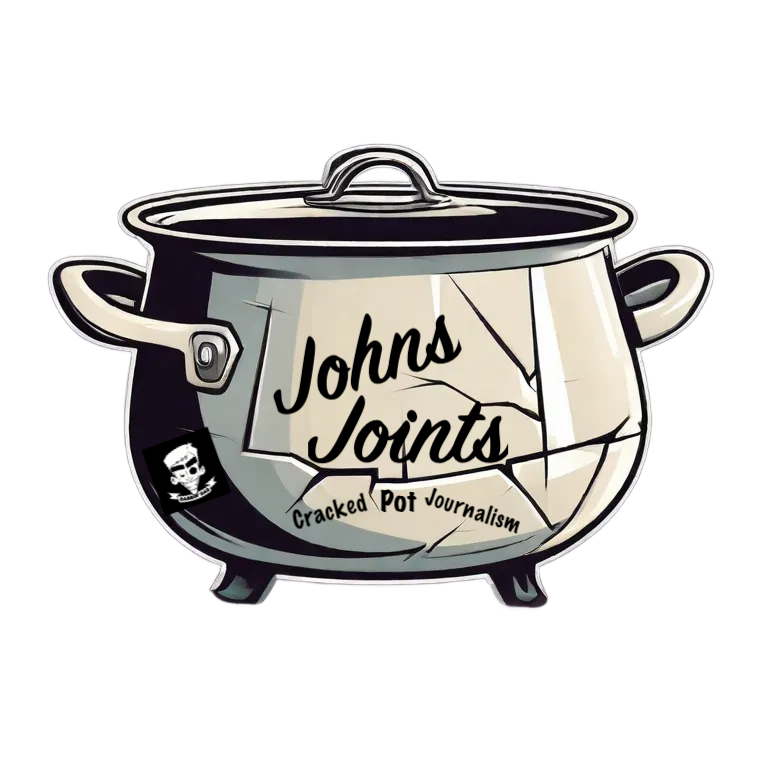A crowd gathered at the steps of the Department of Consumer Protection (DCP) in Hartford, Connecticut, a sea of determined faces united by a common cause: the rights and well-being of medical marijuana patients. This wasn’t just another protest; this was a movement of people demanding that the voices of those who rely on cannabis for medical treatment be heard loud and clear.
For too long, medical marijuana patients in Connecticut have faced a system that seems more interested in bureaucracy than in their well-being. The DCP, the very agency tasked with regulating the medical marijuana program, has come under fire for what many see as a lack of transparency, overly restrictive policies, and a disregard for the needs of patients.
At the protest, signs waved in the air with slogans like “Patients Over Profit” and “Cannabis is Medicine, Not a Crime.”
The demonstrators demanded that the DCP overhaul the medical marijuana program to better serve patients, starting with lowering costs and increasing accessibility. They called for more dispensaries, easier approval processes, and a system that treats cannabis like the life-saving medicine it is, rather than a tightly controlled substance.
So, let’s lift the veil, and let some light in. Because at the end of the day, transparency isn’t just about avoiding moldy pot—it’s about building trust in an industry that’s supposed to be about healing, not hiding. If you’re putting your health on the line, you deserve to know who’s got your back. The first step towards building this trust is ensuring complete transparency in the supply chain.
In a truly transparent system, if a batch of moldy pot is found, the source can be quickly identified, and action can be taken to prevent it from happening again. Patients wouldn’t be left wondering whether the next batch of medicine will come with hidden dangers. Instead, they could trust that their cannabis is safe, knowing exactly where it came from and who was responsible for its production.
The fight for transparency in Connecticut’s cannabis industry is about more than just knowing who grew moldy pot—it’s about protecting the health and rights of patients. It’s about ensuring that those who rely on cannabis as medicine can do so with confidence, without fear of contamination or hidden dangers.
The industry must prioritize transparency, not just as a matter of policy, but as a matter of ethics. Patients deserve nothing less. And until full transparency is achieved, the battle for a safe and accountable cannabis industry will continue.
What’s with the slim pickings for medical cannabis patients lately. It seems like most of what’s on the shelves is geared towards recreational users, leaving the medical patients with fewer consistent options. It’s tough when the products they rely on for our health are constantly changing, making it harder to manage our conditions effectively. Medical cannabis shouldn’t be an afterthought—it’s a lifeline for many of us. Producers, let’s not forget the patients who depend on you and brought you here in the first place. And for crying out loud drop the prices for patients.
Let’s just make it normal.
It’s not about policing every grower and distributor—it’s about fostering an industry where openness is the norm, and where people are educated about what good cannabis should look like, smell like, and feel like.
Education plays a huge role in this. When patients and consumers know what to look for, they’re less likely to end up with something they don’t like. If we talk openly about quality, safety, and the importance of knowing your source, we create a community that’s not just compliant, but genuinely informed.
Normalization also means embracing cannabis as a part of everyday life, rather than something that needs to be regulated into oblivion. When we treat cannabis like any other product—one where quality matters, and where consumers have a right to know what they’re getting—we build trust. And that trust is what will ultimately drive the industry forward.
So, let’s take the focus off enforcement and put it where it belongs: on normalization and education. By championing transparency and empowering patients and consumers with knowledge, we pave the way for a healthier, more informed cannabis culture. It’s not just about avoiding moldy pot; it’s about building an industry where trust and respect flourish, and where everyone—from growers to consumers—can thrive. ALL OF THEM.
Keep it weird,


